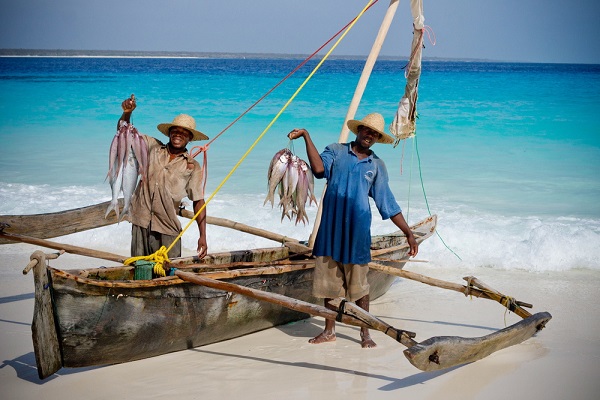Whether you want to improve your Luo language skills or start learning Luo for the first time, join one of our Luo classes in Nairobi. Our Luo lessons are offered at all levels, from beginners to advanced. Develop your knowledge of Luo language with a course designed with students in mind. Our Luo classes are delivered by qualified and experienced Luo teachers.

About Luo Language
- Dholuo is a dialect of the Luo group of Nilotic languages spoken by Luo people of Kenya and Tanzania. The Luo are a Nilotic-speaking group, who are believed to have originated from Sudan, and are now settled around the Lake Victoria basin in Kenya and Tanzania. Other Luo groups are found in Uganda, Congo, Ethiopia and Sudan. The Luo of Kenyaand Tanzania are classified as Southern Luo and are the only 'river lake Nilotes having migrated and lived along the Nile river. They entered Kenya and Tanzania via Uganda from the Bahr el-Ghazal region in South Sudan. Dholuo is mutually intelligible with Lango, Acholi and Adhola of Uganda and Alur of Uganda and Democratic Republic of Congo; the above-mentioned languages are all linguistically related to Jur chol of South Sudan and Anuak of Ethiopia due to common ethnic origins of the larger Luo peoples who speak Luo languages.
- Dholuo is a local language which is taught in schools but has no official status in Kenya. It is used by Luo people in everyday life, in areas of traditional culture and religious practice and is also used for broadcasts in some FM and TV stations in Kenya.
© 2014 - 2023. MustGo.com.
- Currently, there are about 12 Luo clans found in Kenya, and consist of Jo-Alego, Jo-Gem (Gum), Jo-Ugenya, Jo-Seme, Jo-Karachuonyo, Jo-Nnyakach, Jo-Kabundo, Jo-Kisumo, Jo-Kano, Jo-Asembo, Jo-Uyoma, Jo-Sakwa and Jo-Kajulu. The term “Jo” in Luo language means people of” (Ogot: 1997).

- Traditionally, the Luo people practiced a mixed economy of cattle pastoralism, seed farming and fishing supplemented by hunting. Today, the community produces intellectual and skilled labour force in various professions. Members of the Luo community also engage in various trades, such as tenant fishing, small-scale farming, and urban work.
- In the past, the Luo people were a patriarchal society with a decentralized government system. The family was headed by the father or the first wife mikayior son in the absence of the father.
- The names given to children often reflected the conditions of the mother's pregnancy or delivery (including, for example, the time or season). Common names in the Luo community are Achieng, Ochieng, Akoth, Okoth, Atieno, Otieno, Adhiambo, Odhiambo,
- Popular Luo meals include fish (rech) especially tilapia(ngege) and omena, usually accompanied with ugali (called kuon in Dholuo) and traditional vegetables like osuga and apoth. Many of the vegetables eaten by the Luo were shared after years of association with their Bantu neighbours, the Abaluhya and the Abagusii. Traditional Luo diet consisted of kuon made of sorghum or millet accompanied by fish, meat, or vegetable stews.
Copyright © 2020 Umoja News
- The Luo traditionally worshiped a single God, understood as being manifest in many everyday things including the sun, moon, the lake and some wild animals such as the python. Nyasaye (also Nyasae or Nasaye) is the Luo word for God. Today, religious communities draw on beliefs both from indigenous practices and from Christianity. The Anglican Church, known as the CPK, and the Roman Catholic Churchare very significant among the Luo. There are Luo Muslim communities as well.




